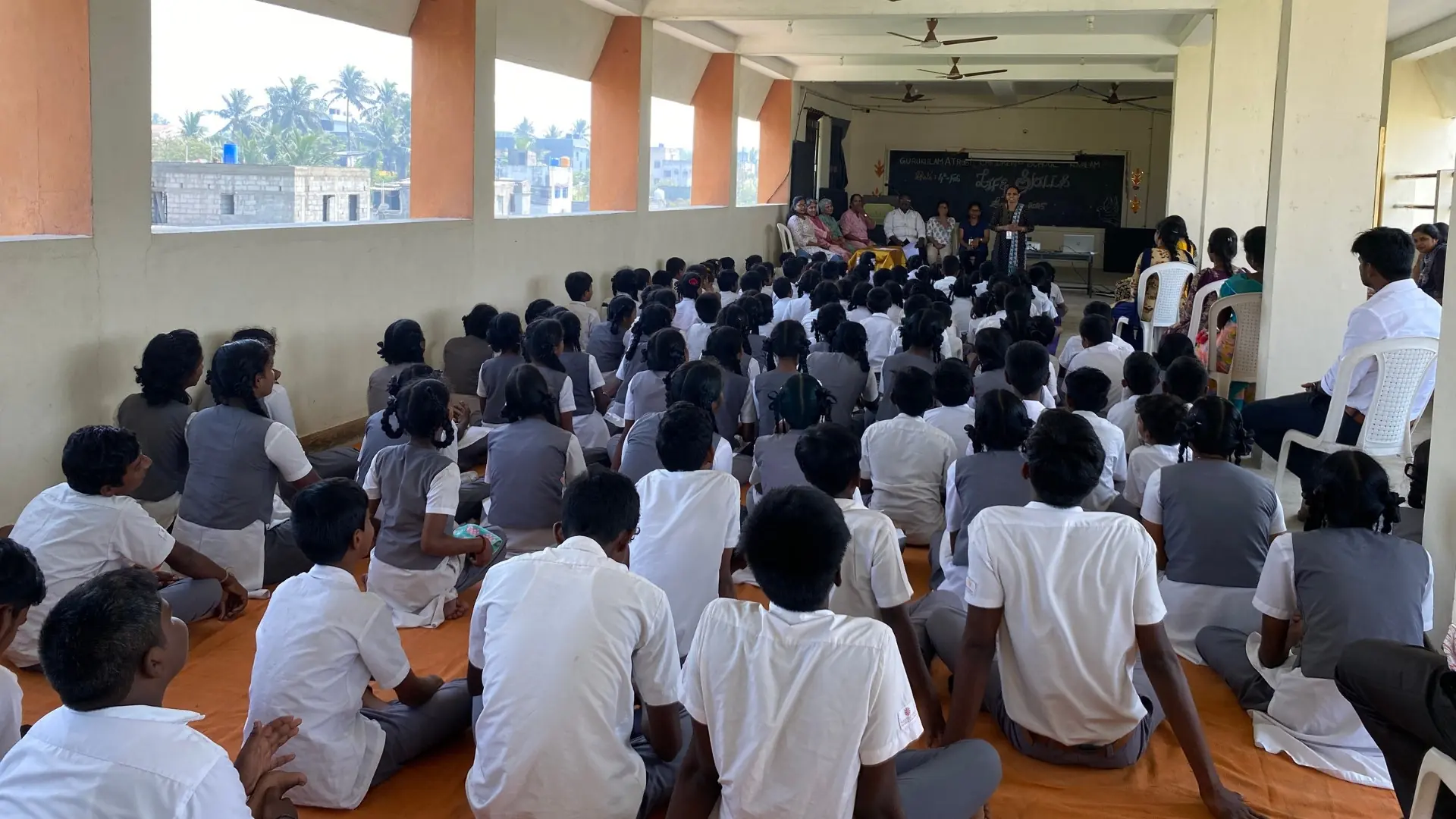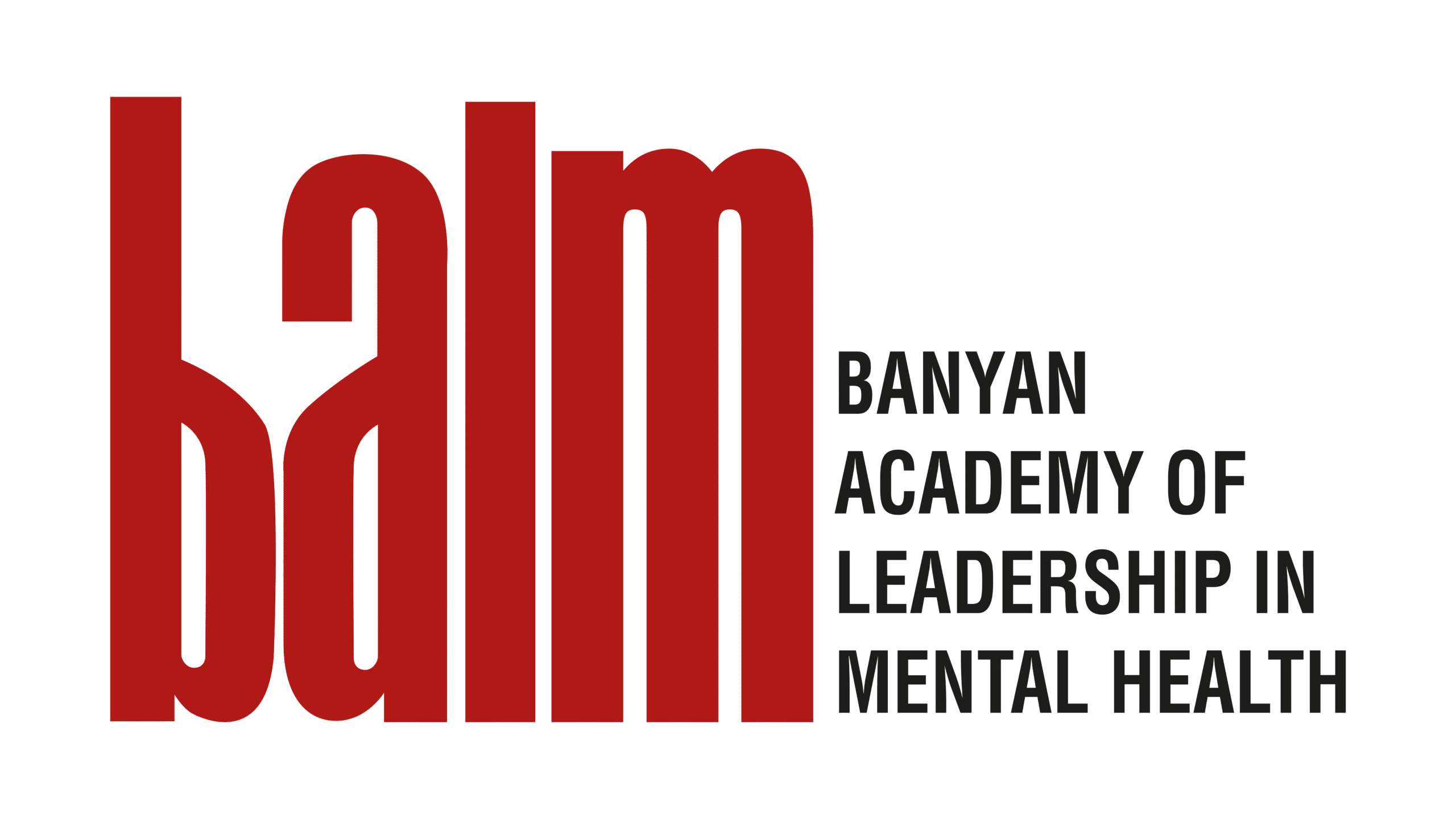Building Mental Health Systems Grounded in Research and Practice
For many in marginalised communities, mental health support remains fundamentally out of reach—not because services don’t exist, but because they aren’t designed to understand lived realities of exclusion and discrimination. The Banyan Academy of Leadership in Mental Health (BALM) draws from The Banyan’s rich experience to build a mental health workforce equipped to serve where support is most often denied. We train students, peer leaders and professionals to work at the intersection of mental health and marginalisation.
In Focus
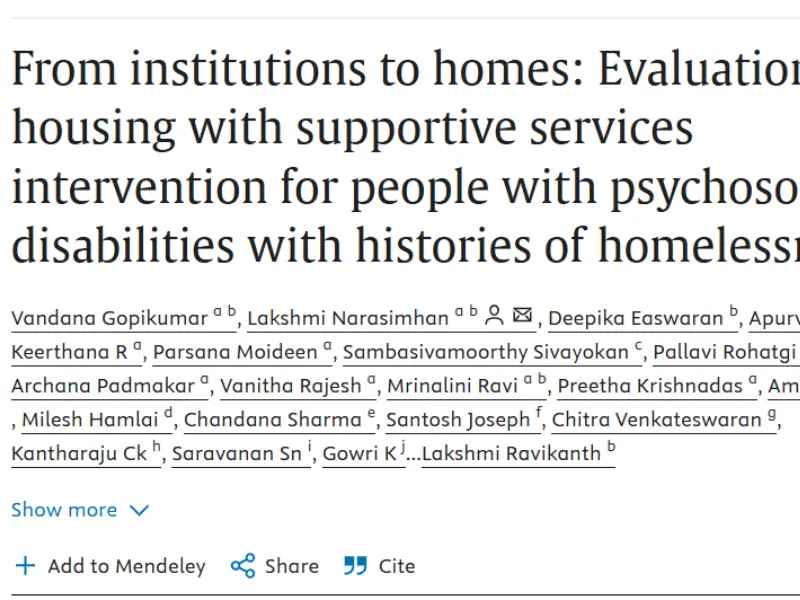
From institutions to homes: BALM’s latest study evaluates a housing-with-supportive-services intervention for people with psychosocial disabilities who have experienced homelessness.

Expanding mental health accessibility: 259 new ISL signs launched through BALM’s collaboration with v-shesh and ISLRTC

Wellcome Trust to provide 24-month grant of up to ₹17,780,555.70 supporting initiative redefining how mental health knowledge is created, shared, and applied for marginalised populations
What You Can Study
From bright young minds to professionals and curious individuals, at BALM we offer several learning opportunities. Our courses have been thoughtfully curated keeping in mind those who want to build a career in mental health while making a difference in the lives of vulnerable children and disadvantaged communities.
Diploma
Reflections from Our Community
“As a mental health practitioner, The Open Dialogue course helped me develop a deeper understanding of relational and dialogical care. It emphasised presence, listening, and making space for every voice. I’ve since incorporated its principles into my practice to build more respectful and collaborative spaces.”
“The course gave us tools to blend research and implementation in ways that centre people with lived experience—not just academics or policy folks. The in-person sessions, group activities, and reading circles were all deeply engaging. And learning from peers who were tackling their own persistent problems was incredibly valuable.”
“After ten years in the social sector, I was jobless and unsure of my next step. One day at a bus stop, I saw Nalam workers handing out kits to people experiencing homelessness. I asked about their work and heard about their mental health programme for women. They mentioned a vacancy—and I joined the very next day. Since then, I’ve picked up new skills like using WhatsApp and submitting reports. Most importantly, The Banyan supported me in earning a certificate. I’d always wanted to study, but no one—neither my parents nor my husband—encouraged me. I’m now the first in my family to earn a degree. A pattadhari!”
Inspiring Stories of Leadership
Across villages and cities, classrooms and clinics, BALM nurtures mental health champions. From homemakers-turned-healers to fellows transforming care for the homeless, our programmes spark personal and systemic change. These are the stories of people who chose compassion, resilience, and leadership—and are helping others thrive in turn.
Kamala’s journey of transforming herself and her community
Kamala, NALAM Mobiliser
From a silenced wife to a grassroots leader, Kamala has helped dozens in the ST community access basic rights and mental health support.
How Thiruselvi steered a silent revolution
Thiruselvi, SFL Fellow
A caregiver and mentor, Thiruselvi blends peer support with practical aid—ensuring continuity of care for over 100 clients.
Soumiya’s mission to uplift children like her
Soumiya, SFL Fellow
Once supported by The Banyan as a child, Soumiya now coordinates scholarships and mentorship for children of parents with mental illness.
How Far We've Come
Impactful Collaborations
Over the years, BALM has amplified The Banyan’s research and principles by collaborating with partners across government, academia, philanthropy and civil society. United by a shared commitment to inclusive and community-rooted mental healthcare, these partnerships have helped us extend our reach, deepen our impact and better serve those in need.

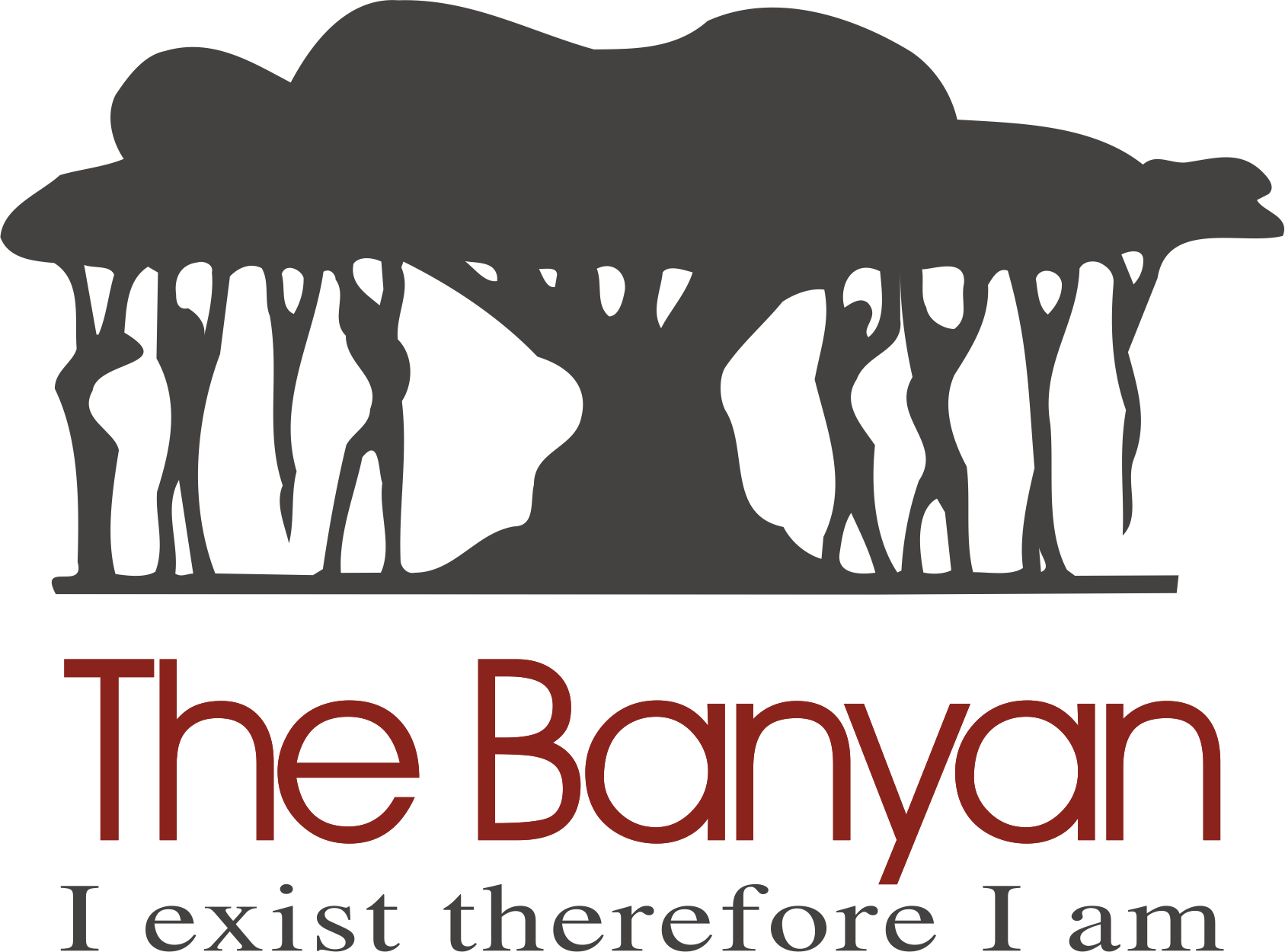
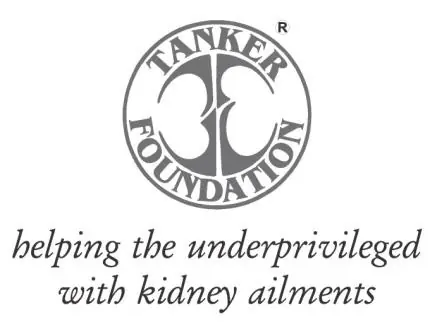

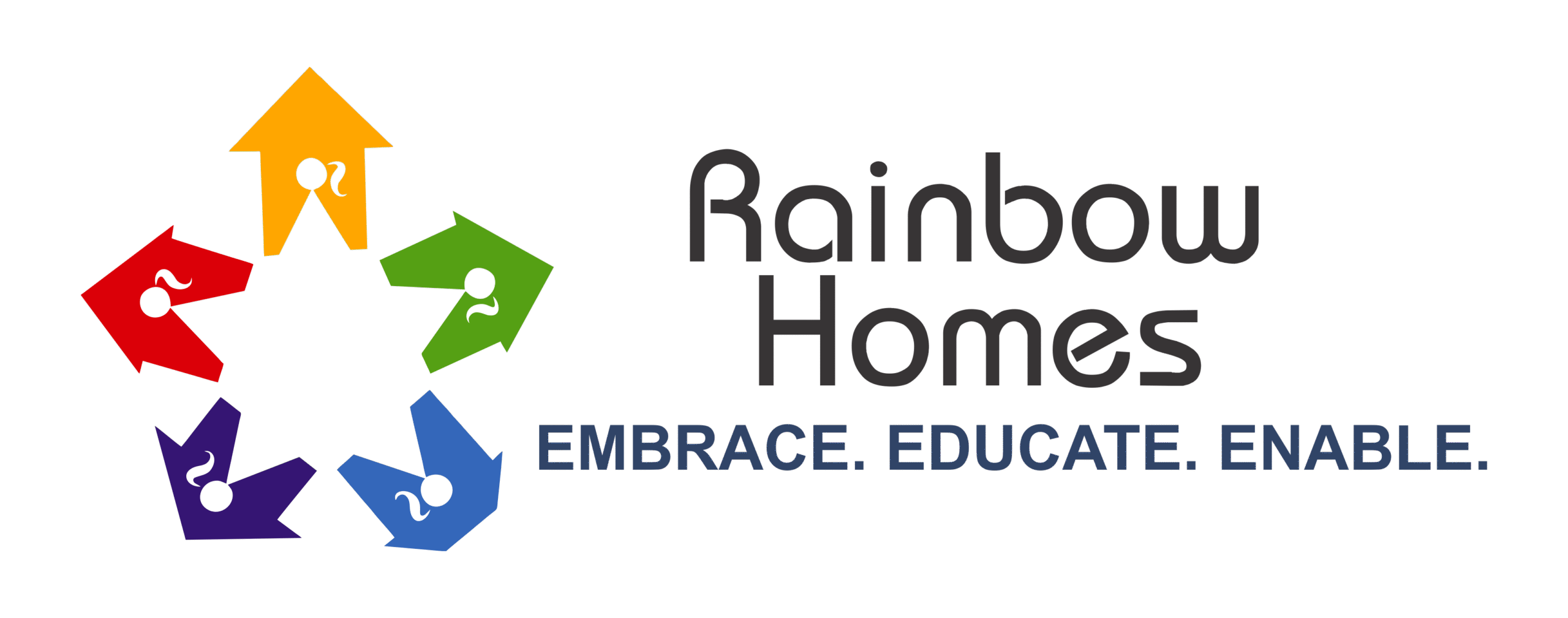




Make a difference
Your support drives real change — enabling access to mental health care, supporting children facing social, economic and mental health-related vulnerabilities and shaping inclusive policies.
